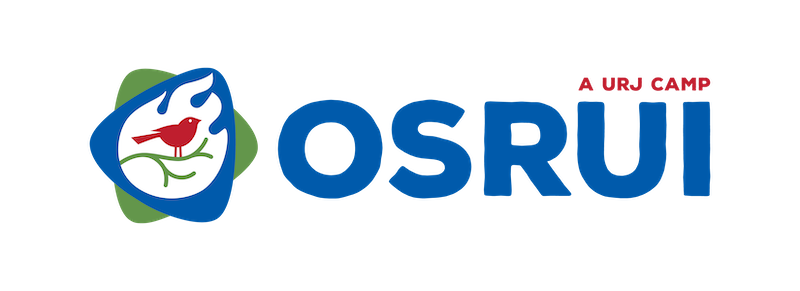by Rabbi Joshua Weinberg, President of the Association of Reform Zionists of America (ARZA) and an OSRUI Alum.
Growing up, I struggled with the impression that being a Reform Jew meant that we did less. Fewer mitzvot, shorter holiday observance, and less time spent in Jewish education. It was a stigma that I carried with me as I wrestled with and contemplated my own Jewish identity. This lead me to a realm of experimentation with halachah (Jewish law) – pushing and pulling my ‘red lines’ as I grew and learned more.
Today, as many of us are busy preparing for Passover, I find myself less occupied by the meticulous aspect of the holiday’s demanded mitzvot, but searching instead for ways to supplement the narrative and to find meaning in a modern context. I commend those who find deep meaning in cleaning out their kitchens and sterilizing their homes, making sure that all leavening ceases at the 18-minute mark and [in the Ashkenazi tradition] nothing that could resemble wheat flour – such as legumes – will be consumed during Passover. However, I would like to offer an additional perspective on Passover by suggesting some meaningful ways to supplement the seder.
Zionism and living in Israel were the answers to my search for Jewish identity, and to me, Passover became a holiday of peoplehood. The central narrative became the one that we clearly state after we sing “Dayenu,” that B’khol Dor VaDor: “In every generation we must see ourselves as if we went out from Egypt.” In the traditional Haggadah this statement is followed by a biblical and liturgical reading.
In the recently published Israeli Reform Haggadah, A Haggadah for Our Day, each page is supplemented with modern readings and interpretations. It includes a wonderful poem by Amir Gilboa (who many of us will recognize from the music set by Shlomo Artzi) entitled “Shir Baboker BaBoker” (Song of the Morning). In his interpretation of history, Gilboa talks about a man who “suddenly wakes up in the morning, feels that he is a nation and begins to walk. And everyone who he meets on his way he calls out to them ‘Shalom.’” The poem ends with the same narrative — that this man has woken with the newfound revelation of nationhood — and he “sees that the spring has returned and the tree is turning green since last fall’s tree-shedding of leaves.” There’s no more appropriate metaphor for Passover in my mind than the Spring being a time for awakening, discovery, and the realization that we are indeed a people and have the opportunity to come out of “Egypt” (literally ‘out of narrow places’) and enter the Land of Israel as a nation.
Read the complete blog post on RJ.org.
